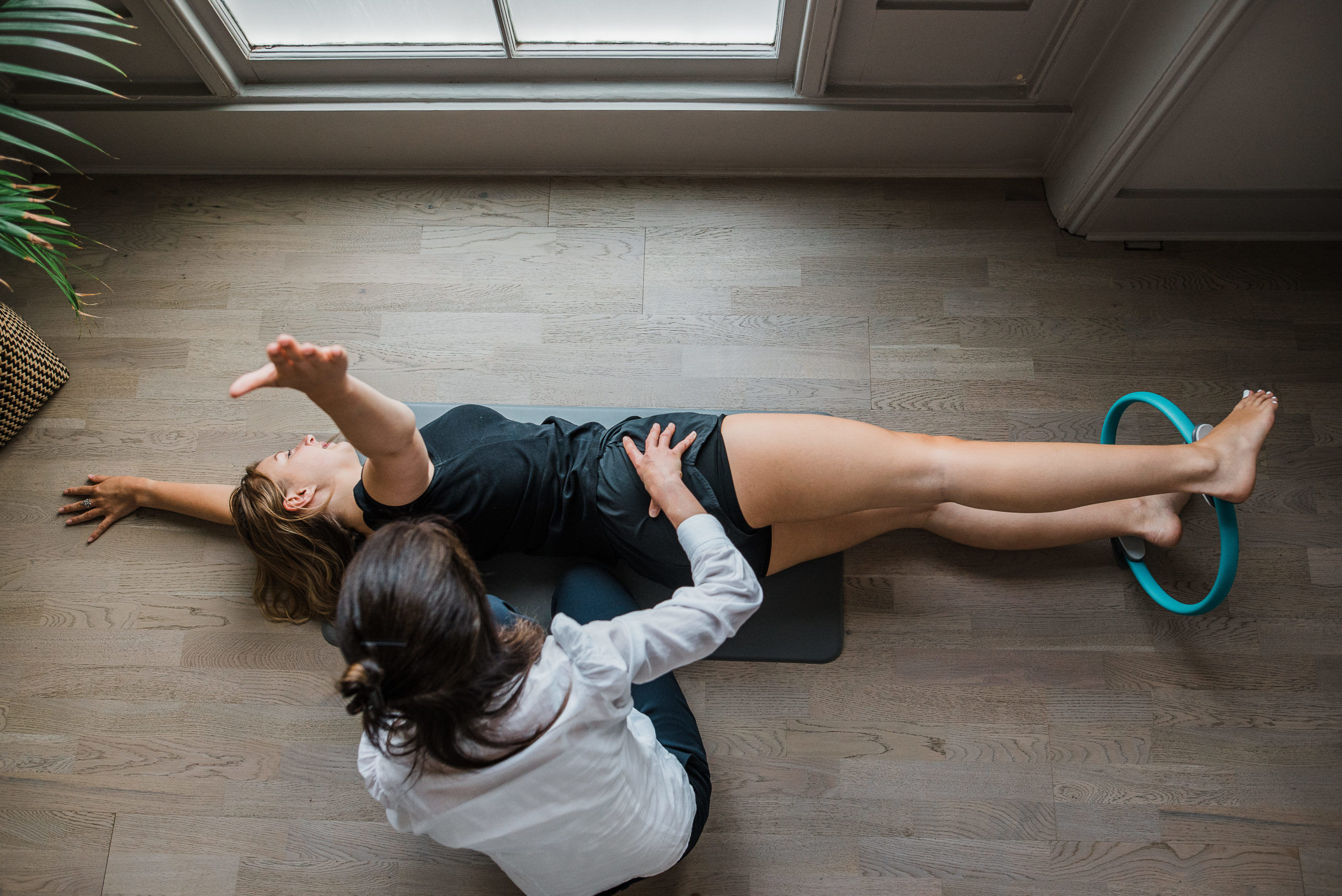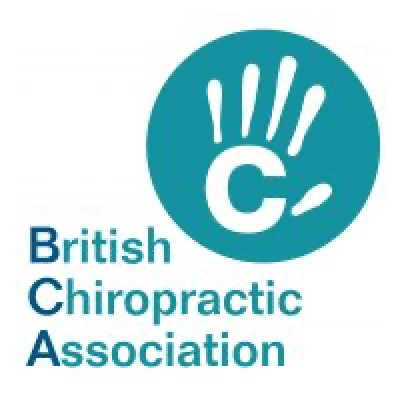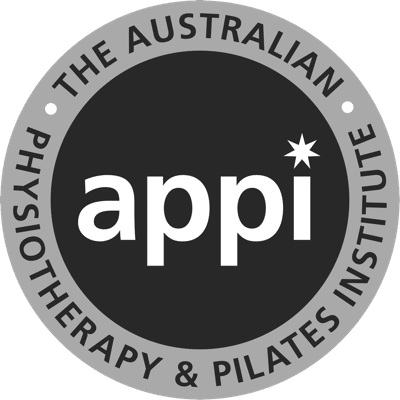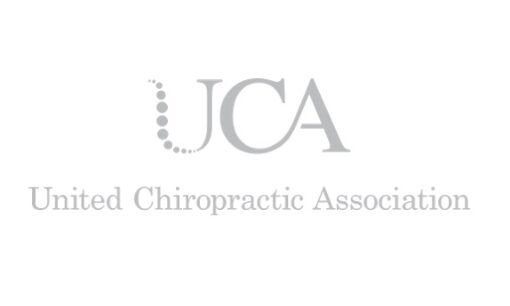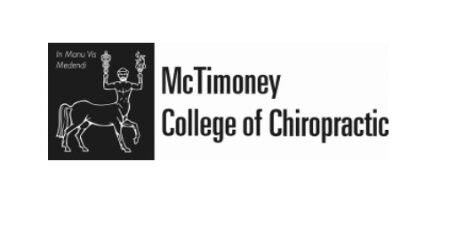Supporting Yourself Through The Menopause
The menopause is when the menstrual cycle and the hormones cycle come to an end. It is a natural part of ageing. It usually occurs between the age of 45 and 55 as a Women’s oestrogen cycle declines. Common symptoms experienced during the menopause can include: hot flushes and night sweats, difficulty sleeping, vaginal dryness, reduced libido, low mood, anxiety and brain fog.
Menopause is being spoken about more openly between friends and family, including men and women. It is also being more widely acknowledged in the work place.
What are Isoflavones and how can taking them support the menopause?
Isoflavones are a compound produced by plants. They are abundant in soybeans and considered phytoestrogens. They can bring about a mild oestrogen effect by occupying oestrogen receptors within the body, therefore stimulating a gentle oestrogen response.
Phytoestrogens have gained wide attention for being able to help reduce strong hormonal fluctuations. This is because they are related to a lower incidence of menopausal symptoms, osteoporosis, cardiovascular diseases and hormone-dependent cancers.
Research has demonstrated that the use of isoflavones can improve the incidences of hot flushes in menopausal women. There is a link between countries that consume soy and decreased hot flushes. Soy intake is greater in Asian countries when compared with Western countries. Women in Asian countries report a much lower incidence of hot flushes (10–25%). Compared to women in Western countries (60–90%). A prospective study of 51 healthy postmenopausal women found a 57% reduction in the frequency and severity of hot flushes after taking 60mg of isoflavones daily for 12 weeks.
To help decrease the severity of hot flushes, split the daily dose of soy supplements to twice daily, rather than once daily. This will aid more consistent circulating levels of phytoestrogens, which will be more effective.
Cytoplan is a reputable brand providing high quality supplements. Use their search tools to find the best supplement for you.
What happens to the Adrenal Glands during menopause?
Adrenal glands are small glands located on top of both kidneys. Adrenal glands produce hormones that help regulate your metabolism, immune system, blood pressure, response to stress and other essential functions.
During the menopause, adrenal glands produce small amounts of oestrogen. Throughout menopause the ovaries produce less oestrogen. The oestrogen produced by the adrenal glands can help to relieve some of the symptoms associated with menopause. This means that well functioning adrenal glands are beneficial. Once the menopause begins, the adrenals work a bit harder.
The adrenal glands also produce stress hormones such as courts and adrenaline. If stress is a factor in your life, then the adrenal glands may produce stress hormones as a priority, at the expense of oestrogen and progesterone. It is therefore important to use stress management techniques, such as mindfulness or breathing techniques. As well as consuming nutrients that support adrenal function such as Vitamin B5, Vitamin B6, Vitamin C and magnesium.
What about osteoporosis following the menopause?
Oestrogen plays an important role in maintaining bone density. With oestrogen levels dropping due to menopause, osteoporosis can be a concern post menopause. Nutrients such as vitamin D3, vitamin K2, magnesium and calcium all help to maintain a healthy bone density. As well at this, low-impact, weight bearing exercises may be something you could consider doing to maintain your overall strength. Whilst being cautious of the exercises you do, the best options include: moderate aerobic activities, balance training and resistance training with your body weight or bands.
You may wish to get in touch with the clinic regarding pilates. Our instructors will support you by tailoring a specific pilates programme to your individual needs.
What lifestyle adjustments can you make to help manage symptoms of menopause?
Alcohol
Some women who cut out alcohol all together find that their hot flushes reduce. But they can notice them return if they consume alcohol again. Others find it is only certain alcoholic beverages that trigger their hot flashes. Try experimenting cutting out alcohol all together, as you can then see how you feel from having had no alcohol. You could gradually return different beverages back into your diet week by week, to see if any symptoms increase. The NHS also recognises alcohol to be a trigger of hot flushes and night sweats, alongside caffeine, spicy food and smoking.
Sugar
During menopause, there is a common pattern between diet and symptoms women may experience. Sugar is something that patients often report to affect their hot flushes, as well as brain fog. So do be weary of this. We all know sugar is not healthy, but unfortunately it is found in many different ready made snacks and food options. Try planning ahead so you don’t get caught out grabbing something on the go you may later regret!
Keeping cool
Wearing lighter clothing, taking cold showers and keeping your bedroom cool at night may also help to manage night sweats and hot flushes.
Rest, relaxation and exercise
Rest, relaxation and exercise are all ways that can help to manage stress levels, in turn this can help with mental well being and lift your mood during the menopause. Why not ask a friend to do a relaxation session with you at home. There are plenty of resources on the internet to guide you on this. Alternatively, try joining an exercise class, or as previously mentioned get yourself booked in for pilates at the clinic.
If you are experiencing any symptoms during menopause that are concerning you, or you are experiencing symptoms of the menopause before the age of 45, then please speak to your GP.
Remember, you are not alone. About 8 in every 10 women will have additional symptoms for some time before and after their periods stop. These can have a significant impact on daily life for some women. Reach out to friends and family for support or use menopause support online, such as ‘Menopause support’ or ‘The Menopause Charity‘.
Read onto our next article by Physiotherapist Pips, as she discusses her ‘Top Tips For Dealing With Osteoarthritis’


